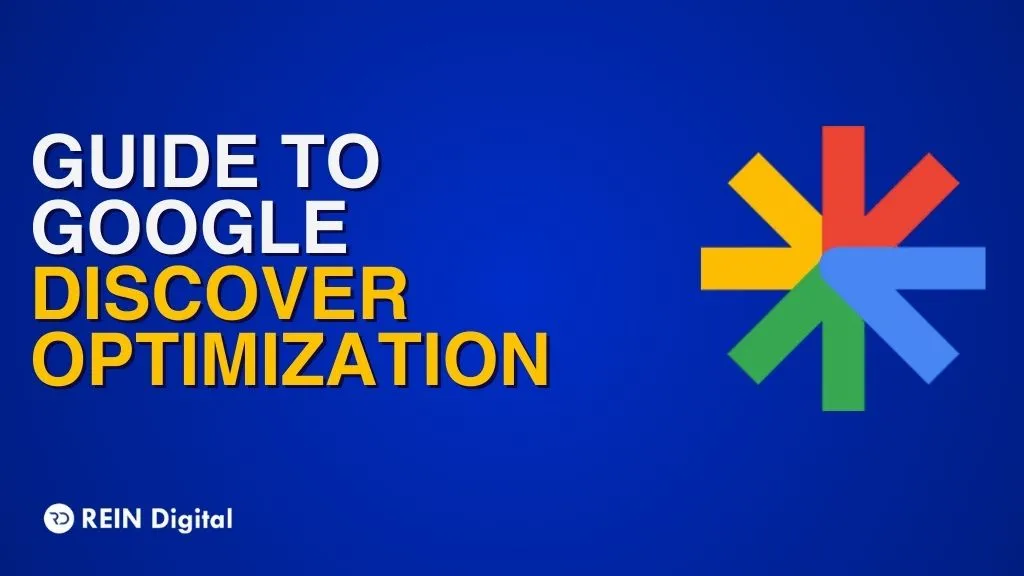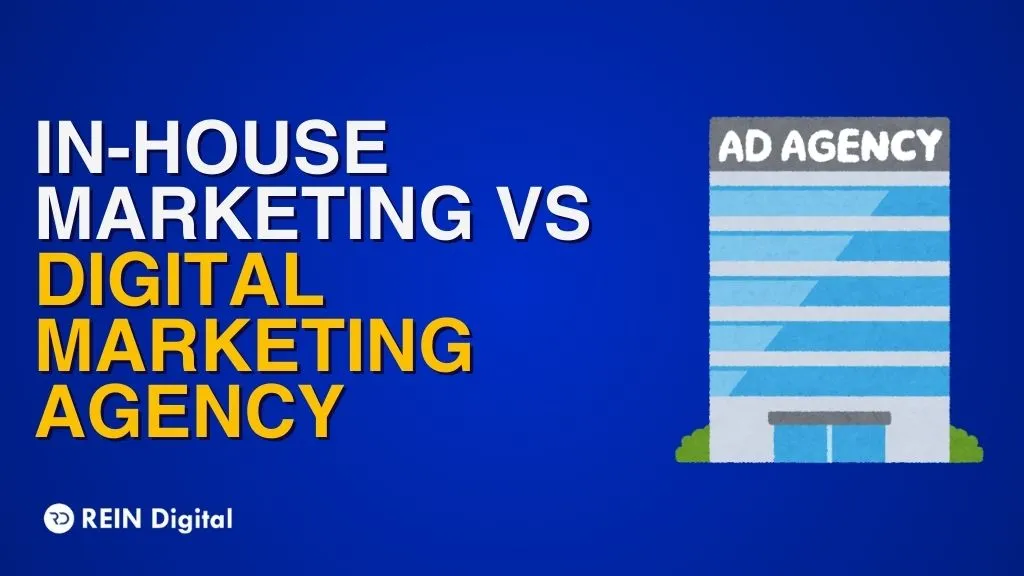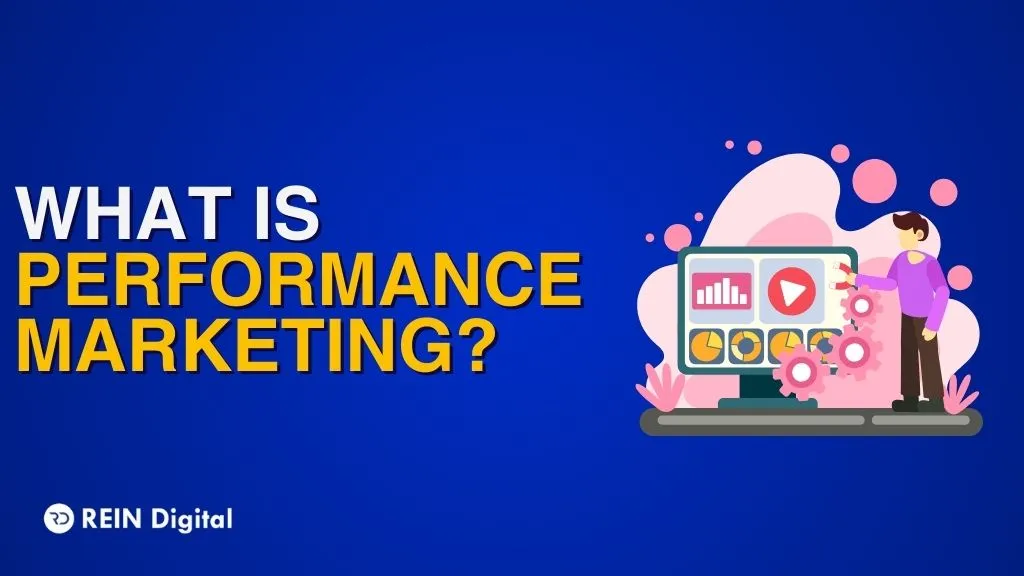.png)
The realm of websites can be complex and puzzling, filled with jargon you may not be familiar with. The acronyms SEM and SEO stand for two of the most significant phrases in the digital sphere. SEM and SEO can be just what your brand needs to advance if they are implemented into your business strategy.
So what are SEO and SEM? Who wins the battle of SEO vs SEM? Should we choose one of them or both to rank our websites on search engines?
We have answered all the queries you could ever have related to SEO and SEM in this article. Read on to uncover them!
What is SEO?
The process of attempting to rank in a search engine's organic results is known as search engine optimization (SEO). There are four main steps to it:
- Find out what people are searching for using keyword research
- Craft content for searchers using on-page SEO
- Increase authority and trust on other websites using Off-page SEO
- Make sure your material can be found, indexed, and found by search engines using technical SEO
How Does SEO Work?
Regardless of whether you use Bing, Google, or another search engine, SEO functions remain the same. Crawlers are used by all search engines to browse every webpage that is accessible to them on the Internet. The crawlers then return this data to a database and index it. Algorithms then compare a user's search query to the data kept in the database.
SEO works mainly on the basis of keyword research which is all about understanding phrases or words that people type into search engines like Google. There are keyword research tools to help you with that. Now, there are three types of search engine optimizations:
On-page SEO
Making the type of content that users want to view is a key component of on-page SEO. The method you use will depend on the keyword you're using. For instance, those who search for "SEO vs SEM" seek to learn. They want a piece that highlights the main distinctions. The organic search results will reveal this. On the other hand, people searching for “baby diapers” want to make a purchase. They want to see e-commerce results on their search page.
Matching your content to search intent is the best of giving users what they desire.
But not everything that affects on-page SEO is related to search intent. These are some other crucial elements:
- Carefully selecting keywords
- Creating a catchy title
- Using detailed URLs
- Enhancing pictures
Off-page SEO
In off-page SEO, you take actions outside of your website to convince Google that your pages are worthy of being ranked. The most fruitful off-page SEO work is link building because backlinks are one of Google's top three ranking factors. They behave like votes from different websites.
For instance, suppose this article receives backlinks from other well-known websites concerning SEO. This shows Google that other experts in the field are endorsing our information, which may suggest that it merits a high ranking. Furthermore, links are not the only important factor for off-page SEO, reviews are the second most important criterion.
Technical SEO
Assuring search engines can discover, process, and analyze your information is the main goal of technical SEO. If search engines can't do all three of these, you'll probably not rank. Let's imagine we prevented search engines from processing this content. They wouldn't be able to see what's on the page, which would make it more difficult for them to grasp what it ought to rank for. Therefore, it would probably not rank at all.
What is SEM?
You can direct traffic from search engines to your website using search engine marketing (SEM). This traffic may come from either paid or organic, or from both. The former method of SEM is called PPC while the latter is called SEO. in other words,
SEO + PPC = SEM
So, What is PPC?
Pay-per-click (PPC) is used to gain traffic from paid results. Here is what Google PPC advertising entails:
- Find out what your consumers are searching for through keyword research.
- Make a decision regarding the cost per click via the bid set.
- Create a convincing and pertinent advertisement.
- Decide who will see your advertisement.
How Does SEM Work?
Purchased keywords and ads are how search engine marketing functions. A budget is set aside by owners of a website (or their staff, or a PPC firm) to bid on keywords that users may enter in their search queries. SEM is efficient irrespective of the size of the decided budget. Then, in the form of an ad, these sponsored keywords are shown next to the searcher's results.
These advertisements are available in a variety of formats, including
- Visual advertisements, like Shopping ads or PLAs (product listing ads)
- Text advertisements
The primary advantage of SEM is that it allows real estate brokers to promote their services to potential clients who are actively looking to buy a home or sell one.
The Significance of Ad Auctions in SEM
The key element of Google's search engine marketing (SEM) is ad auctions. Every time a person Googles a certain word or phrase, ad auctions are set into motion. Website owners can participate in the ad auction by placing bids on specific keywords. The website owner's advertising is added to the auction if Google accepts that the keywords are in the user's search. But not all advertisements show up for every search because of the maximum bid and the Quality Score.
A website owner's maximum bid is the most they'll be willing to spend for a click. Based on an advertisement's overall quality, the Quality Score is calculated. During the ad auction, Google uses the Quality Score to decide where the ad will appear. This is what SEO or SEM experts mean by ad ranking.
SEO vs SEM: Spot The Difference
The major distinction between SEO and SEM is that the former relies on free organic search techniques, whereas the latter charges for paid advertising. Also, SEM works instantly, whereas SEO takes time.
Website owners who want to rank better in the SERPs and increase traffic to their sites implement search engine optimization (SEO) techniques. Their rating results from making sure the website runs well has original, high-quality material, and uses keywords related to users' searches. The position a website obtains in the SERPs is a free natural outcome of ranking organically.
Search engine marketing (SEM), on the other hand, is a strategy used by website owners to boost their rankings in sponsored search results pages (SERPs).
Here are some other noteworthy differences between SEO and SEM:
- In contrast to SEO efforts, SEM search results do not appear as advertisements.
- While SEO results contain featured snippets, SEM results have ad extensions.
- Each time a user clicks on an advertisement, the website owner is charged. When a user clicks on a website, the owner of that website is not charged.
- SEO activities increase a website's value over time. The results of SEM techniques are quick but short-lived.
SEO vs SEM: Are There Any Similarities?
SEM is a type of SEO that works in collaboration with PPC. Even though there are notable differences between the two, both of them have certain similarities in their working techniques. For example,
- A real estate agent could appear in the search results and rank higher with the use of both SEO and SEM.
- SEO and SEM can be used to increase both the quality and quantity of visitors to an agent's website.
- Knowing your audience is essential for SEO and SEM success. Effective communication and interest from an agent's clientele are key components of both marketing techniques.
- Keyword research is fundamental to both SEO and SEM. This includes being aware of the search terms a user uses to find the agent's services.
- The use of SEO and SEM is a continuing process. For each approach to be successful, it needs to be regularly examined, verified, and improved.
The Bottom Line
Many businesses, especially real estate agents, stand to gain from combining SEO and SEM marketing strategies. The agent can use either one or even both, at once. The best choice for boosting the value of your website over time and without paying for ad spots is SEO. If you want to swiftly rise to the top of the SERPs and experience a spike in traffic, SEM is the way to go.














